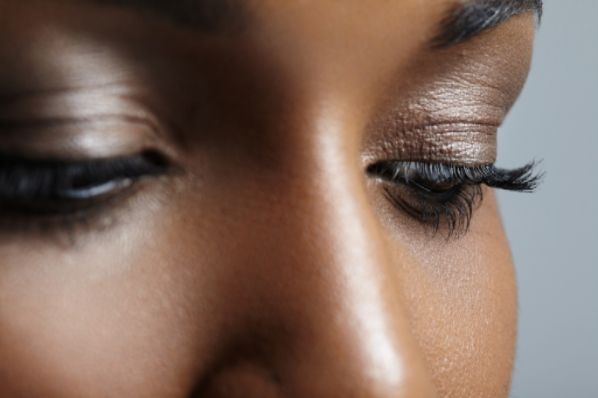Black women’s hair is unique and requires specially developed products. As I black woman with natural hair, I know the struggle. So it was a big surprise when I saw a report from an environmental group trying to scare me into dumping all of the products I use to keep my hair shiny and healthy.
The Environmental Working Group (EWG) claims that one in twelve beauty and personal care products marketed to black women is highly hazardous based upon their scoring system. Their Skin Deep Cosmetics Database compares product ingredients to more than 60 toxicity and regulatory databases and rates the products from 1 (lowest hazard) to 10 (highest).
EWG also claims than 25 percent of the products scored low compared to 40 percent of products targeted to the general public. The most hazardous products are hair relaxers, hair colors, and bleaching products. EWG puts the companies of the 1,177 products that they analyzed on blast by listing the products and the ingredients that should be a cause for concern.
What harm could these products inflict? They claim potential hazards linked to cancer, hormone disruption, developmental and reproduction damage, allergies, and other side effects.
The global black hair industry is worth an estimated $9 billion dollars and black people account for as much as 22 percent of the $42 billion-a-year spending on personal care products. Such a report could be damaging to beauty companies and that’s the point.
EWG recommends that black women scour their website database to find products that don’t contain what they consider hazardous and questionable ingredients. They also want Congress to update standards on personal care products.
Before tossing all of our products, we should understand who EWG is. EWG has been exposed for peddling junk science and fear mongering before. They’ve attacked bacon, bread dough, and a dozen other “dirty” foods additives. Their research methods have been proven to be sketchy and they use weak associations between chemicals and some health effects to make sweeping recommendations for women and families.
It appears that they are playing the same tricks to target women of color. There may be little or no evidence that the hazards they warn of are really causes for concern. As the New York Magazine highlights, the chemicals and fragrances in black beauty products that EWG considers so sinister are not so dirty, according to industry and health experts:
In its lengthy report, it appears EWG is determined to rouse suspicion about the safety of a number of beauty products, but it’s important to note what the group characterizes as harmful. Fragrance, for example, garners an eight on the EWG harmful-ingredient index because of the ingredients’ capacity to spur irritation or allergic reaction. Parabens are also scored harshly, though their ability to measurably disrupt the endocrine (hormone) system, as EWG argues, is widely dismissed industry-wide. Another rogue ingredient, retinyl palmitate, incites tumor growth, EWG claims, but even the Skin Cancer Foundation disagrees with that notion.
Reports like this should be taken lightly perchance black women fall for their alarmism and abandon good products that work. Furthermore, our products are often developed by black entrepreneurs who are committed to developing good products because they use them. Starting a business in a niche market is hard enough, they don't need bad PR based on questionable "research."
With any products, we should be smart consumers and do our research, but following EWG's report does not strike me as smart at all.


